How to Call Out of Work for Mental Health Without Guilt
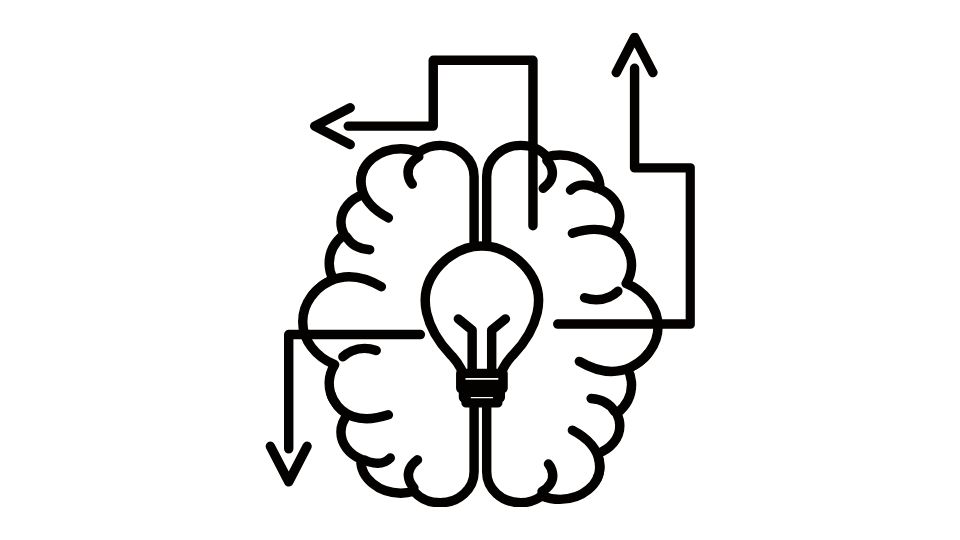
Let’s be real – the whole “I’m not feeling well today” email is a lot trickier when it’s your brain that’s struggling, not your body.
But here’s the thing – mental health days are just as important as sick days for the flu. Maybe even more so.
In this guide, I’ll walk you through exactly how to call out for mental health reasons without the awkwardness, guilt, or fear that usually comes with it.
How to Call Out of Work for Mental Health (Without the Guilt Trip)
Skip ahead:
- Why mental health days are actually legit
- How to prepare for the conversation
- Exactly what to say (with examples)
- How to make the most of your day off
- Returning to work without weirdness
Your Mental Health Day is Completely Valid
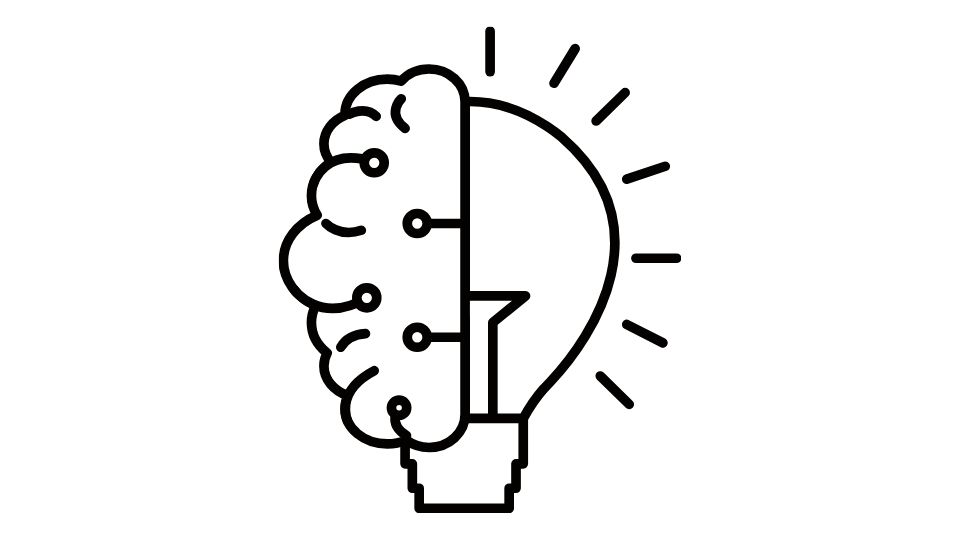
First things first – taking time off for mental health is not lazy, weak, or unprofessional.
Mental health directly impacts your ability to focus, make decisions, and be productive at work. When you’re anxious, depressed, or burnt out, your brain literally doesn’t function at full capacity.
The research backs this up too. According to the World Health Organization, depression and anxiety cost the global economy about $1 trillion per year in lost productivity.
And yet we still feel weird about taking mental health days, why?
Most workplaces allow sick days for mental health, even if they don’t explicitly say so. In many countries, laws like the Family and Medical Leave Act (FMLA) protect your right to take time off for mental health conditions.
The key things to remember:
- You don’t need to disclose your specific diagnosis
- You don’t need to apologize for taking care of yourself
- You do have the right to prioritize your wellbeing
Before You Make That Call
That awkward feeling in your stomach when you’re about to call out? Let’s deal with that first.
The guilt, fear of judgment, or worry about seeming “dramatic” is totally normal. But it’s also completely unnecessary.
Here’s how to prepare:
Remember why you need this day – If you’re considering a mental health day, you probably really need it. Trust yourself.
Know your company’s policies – Review your sick leave policy. Many companies have Employee Assistance Programs that can help with mental health support.
Talk to a professional if possible – A therapist or doctor can validate your need for rest and provide documentation if needed.
Plan what you’ll say – Keep it simple and respectful. The next section has examples.
According to the National Alliance on Mental Illness, taking preventative mental health days can actually help avoid longer absences down the road. Smart employers understand this.
Exactly What to Say When Calling Out
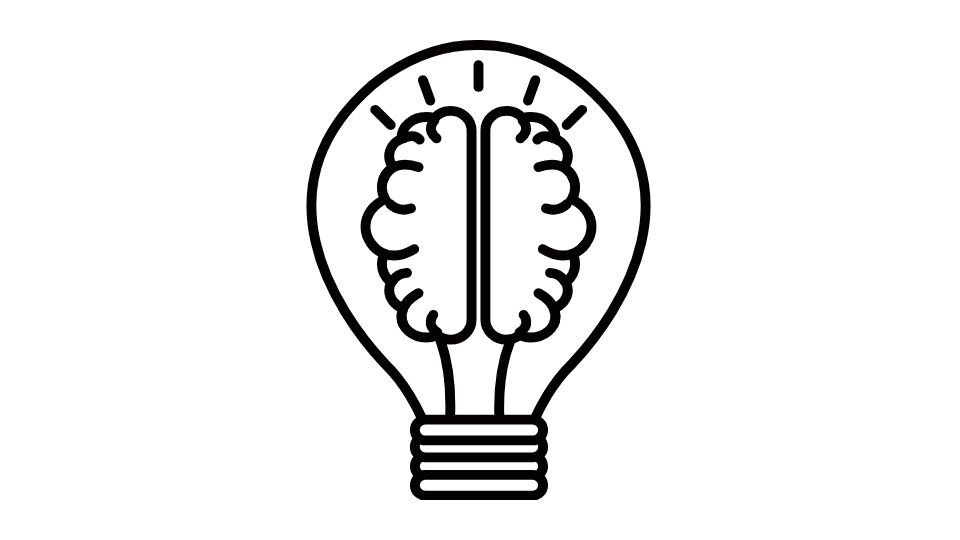
The big moment! Here are some tried-and-tested phrases that work in most situations:
For workplaces where you don’t feel comfortable mentioning mental health:
- “I’m not feeling well today and need to take a sick day.”
- “I need to take a personal day for health reasons. I’ll be back tomorrow.”
- “I’m under the weather and need to use a sick day today.”
For more supportive environments:
- “I’m taking a mental health day to recharge. I’ll be back tomorrow refreshed.”
- “I need to take a day to focus on my wellbeing so I can return at full capacity.”
- “I’m experiencing some mental health symptoms and need to take today to address them.”
If you need to be more formal:
- “I’m requesting sick leave today due to health concerns.”
- “My doctor has advised me to take a day to recover from health issues.”
Remember – keep it brief. You don’t owe a detailed explanation of your mental state.
The American Psychiatric Association recommends being honest but not oversharing when discussing mental health at work.
How to Actually Send the Message
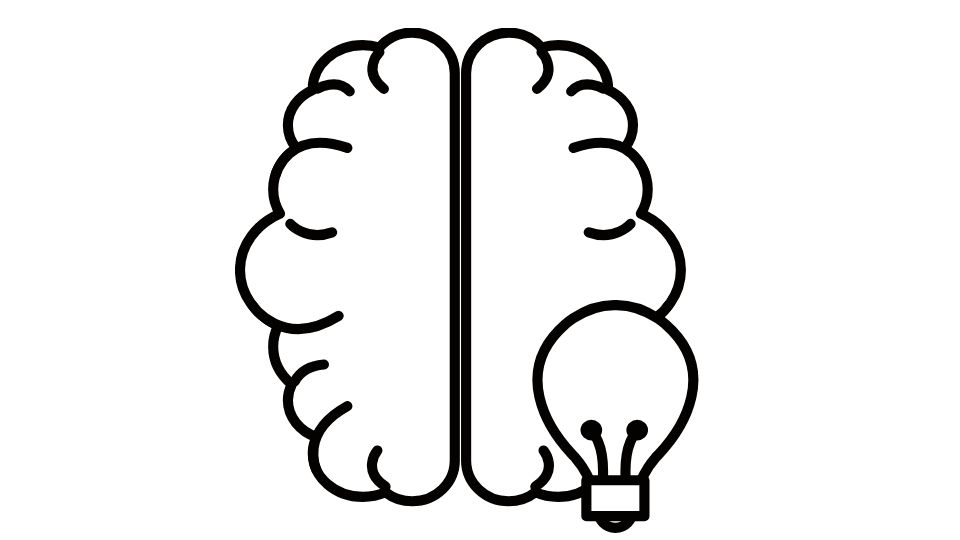
- Timing matters: Try to notify your boss as early as possible, ideally before your workday starts
- Choose the right medium: Email or text is often easier than calling for this kind of message
- Keep it professional: No need for excessive apologies or dramatic explanations
- Set expectations: Mention when you’ll return and if there’s anything urgent that needs handling
- Follow company protocol: Use whatever absence reporting system your workplace has in place
Making the Most of Your Mental Health Day
So you’ve called out – now what?
A mental health day is not just a day to lie in bed scrolling social media (though a little rest is good!).
For your day to actually help, try these evidence-based approaches:
Do:
- Get outside in nature – even a 20-minute walk can reduce stress hormones
- Practice mindfulness or meditation
- Do gentle movement like yoga or stretching
- Engage with a creative hobby
- Connect with a supportive friend or family member
Don’t:
- Drink alcohol (it’s a depressant!)
- Spend the whole day on screens
- Do chores the entire time
- Overthink work issues
According to the Mayo Clinic, these kinds of restorative activities can actually help reset your stress response system. Science!
Returning to Work Without the Awkwardness
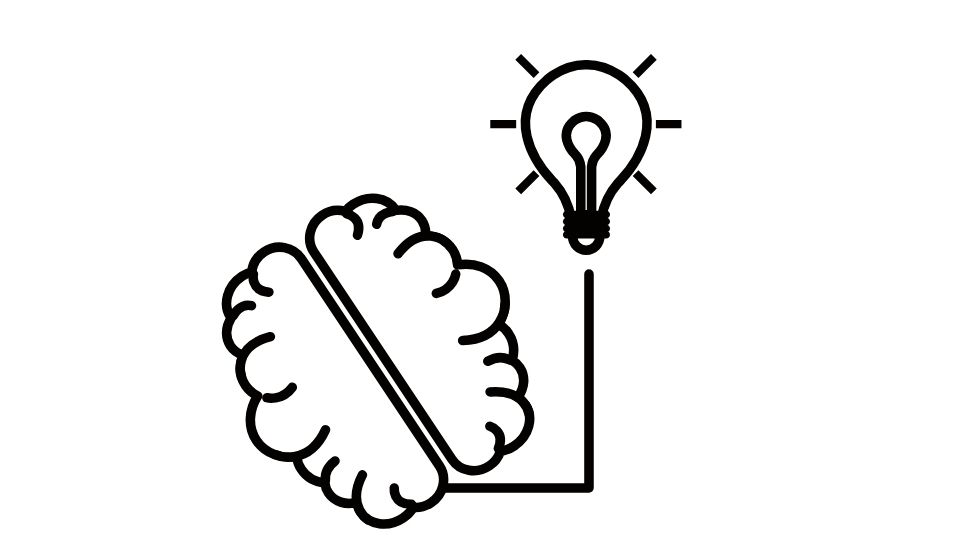
Coming back after a mental health day can feel weird. Here’s how to handle it smoothly:
- Keep it casual: You don’t need to explain your absence to coworkers
- Catch up efficiently: Make a quick list of priorities and tackle them one by one
- Ease back in: Start with simpler tasks before diving into complex projects
- Check in with yourself: Notice if you’re feeling better or if you might need additional support
If your mental health issues are ongoing, consider:
- Using an Employee Assistance Program if available
- Talking to HR about possible accommodations
- Developing a longer-term plan with a healthcare provider
Bottom Line
Taking a mental health day isn’t just okay – it’s smart preventative healthcare.
Your brain is part of your body. When it’s not functioning well, you deserve rest and recovery, just like with any other illness.
The next time you’re feeling overwhelmed, anxious, or mentally exhausted, remember:
- You have the right to take care of yourself
- Clear, simple communication is best
- No elaborate excuses needed
- One day of rest can prevent weeks of decreased productivity
Your future self will thank you for prioritizing your wellbeing today.
And hey – if you’re reading this because you’re considering taking a mental health day this might be your sign to do it.

